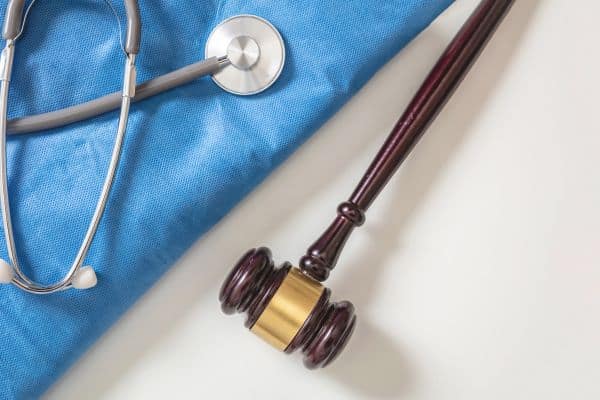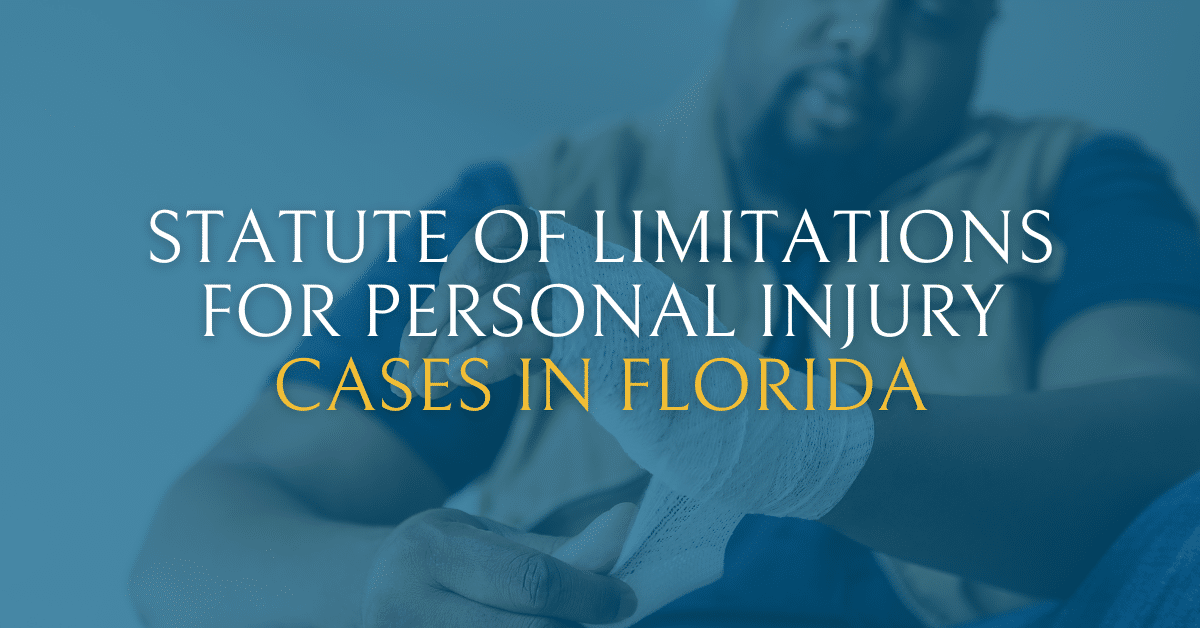Losing a loved one is a heartbreaking tragedy, especially when it’s due to suspected negligence or wrongdoing. For families in Florida seeking justice and accountability through a wrongful death lawsuit, one important question often arises: When is an autopsy necessary?
At the core of every wrongful death lawsuit is a grieving family’s pursuit of justice for their preventable loss. These legal cases aim to hold the responsible parties accountable and enact changes that prevent future tragedies. In Florida, autopsies play a crucial role in this journey toward accountability and closure.
An autopsy is a comprehensive medical examination conducted postmortem, or after death. Unlike other assessments that might indicate the cause of death, autopsies provide a deeper explanation of the deceased person’s physical state. They may reveal important details like internal injuries, pre-existing health conditions, and the presence of toxic substances that may have contributed to their death. Autopsies help identify who’s liable, prove negligence, and uncover potential medical misconduct.
| Why Get an Autopsy in a Florida Wrongful Death Case |
| Proves Negligence: Autopsies provide concrete evidence needed to prove negligence in wrongful death lawsuits. |
| Establishes Liability: Detailed autopsy reports help identify who is responsible for the death. |
| Medical Misconduct: Autopsies can uncover signs of medical misconduct or malpractice. |
| Peace of Mind: Families gain closure and a deeper understanding of their loved one’s death. |
| Legal Evidence: Autopsies provide critical evidence that can be used in Florida court cases to ensure just verdicts. |
During an autopsy, a highly skilled pathologist examines the deceased’s body with meticulous care, conducting various tests and analyses to determine what led to their passing. This may include microscopic tissue examinations and toxicological screenings.
Each facet of the autopsy paints a clear picture of the circumstances surrounding the death. These findings arm attorneys with essential evidence for court and provide families with much-needed closure.
Beyond their legal significance, autopsies hold profound emotional significance for bereaved families. The uncertainty surrounding a loved one’s death can leave families grappling with doubts and unanswered questions. Autopsies often bring much-needed clarity, helping families move forward with a deeper understanding of the events that led to their loss.
While not always mandatory, the decision to conduct an autopsy can be critical. It provides families with closure, attorneys with vital evidence, and supplies courts with the necessary information and tools to deliver just verdicts. As families navigate the turbulent waters of grief and legal proceedings, the insights gained from an autopsy can help to ensure accountability, facilitate closure, and foster healing.
In Florida, where health care transparency and accountability are ongoing concerns, autopsies serve as a vital step toward securing a safer future for all. For anyone dealing with wrongful death in Florida, knowing when to request an autopsy and understanding its importance can make a big difference in achieving justice.
If you’re in this position and need help, please contact us today. Everyone deserves quality, passionate representation, and no one should not have to feel like they’re going through the process alone.








